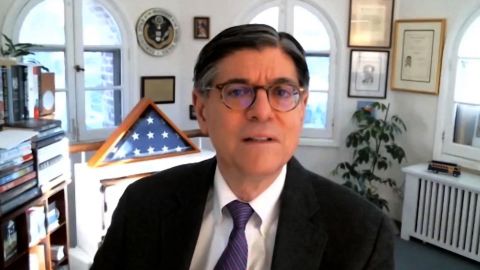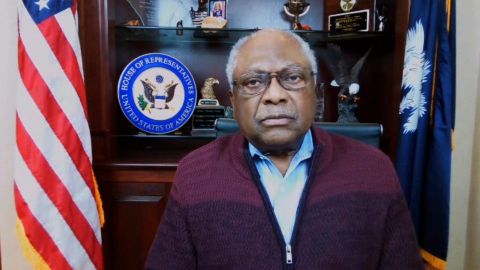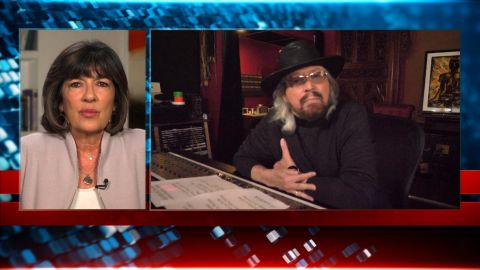Read Transcript EXPAND
REP. JIM CLYBURN (D-SC): Well, you have to keep working trying to educate the public. We have those kinds of problems in whatever field we get involved in. One of the reasons we have had problems with COVID-19 is because there are a significant number of people who, because of whatever the fears might be, do not want to take the vaccine. We have that problem if we think about coal vs. wind or solar. And these things are — people get comfortable in a certain way of life, and they see anything new as being risky. And there is a certain amount of risk in anything that you do. But the fact of the matter is, the science is clear. Let’s take nuclear. If we really want clean energy, it will be nuclear. There’s a certain amount of risk in nuclear. And so what we have to do is continue to develop the technology, continue to educate the public, and, hopefully, we will get to where we ought to be. But those fears are going to be there. And there’s nothing you can do, except to work hard to get people to understand these are risks that are worth taking.
CHRISTIANE AMANPOUR: And let them know that they’re going to bring them new jobs. Can I ask you to sort of widen out the lens a bit? Because President Biden’s theme this week is called equity, equity in race — he made a big speech yesterday — equity on climate. That’s today. And there’s going to be a health care speech tomorrow or later this week. What exactly does that mean? What does he mean by equity and how everything has to be connected and viewed through that lens?
CLYBURN: I’m so pleased that President Biden has inserted that word equity into this process. I have been advocating for that for a long, long time. I have told people that I have three daughters, and they are different. And so I treat them differently. It’s not because I love one more than the other. It’s because their needs are different one from the other. And so that’s what we do. And that’s what the vice president — or the president now is talking about here. He is talking about doing what is needed in these communities, not showing favor, not even trying to be equal, because, sometimes, in order to be fair and equitable, you don’t treat people equally, because they don’t have the same needs. These communities do not have the same needs. They don’t have the same histories. And so the president is taking into account the backgrounds and history of what has taken place over time, and trying to make the corrections that are necessary to move us forward in an equitable manner, if I might use the term.
About This Episode EXPAND
Rep. Jim Clyburn (D-SC) joins Christiane to discuss the new administration’s agenda, the potential for bipartisanship in Congress and the ongoing fight against COVID-19. Barry Gibb, the last surviving member of the Bee Gees, reflects on his legendary music career. Former U.S. Treasury Secretary Jack Lew joins Hari Sreenivasan to assess Biden’s stimulus plan and the economic challenges ahead.
LEARN MORE


